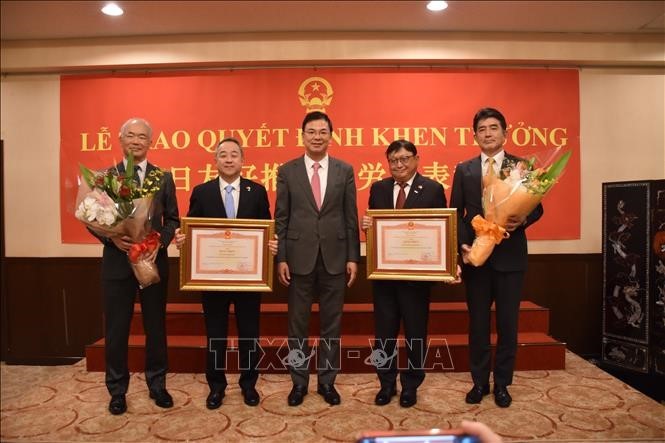Vietnam - Japan Labor Cooperation: Huge Potential, Tremendously High Demand
Prime Minister Pham Minh Chinh attended a Vietnam-Japan labor cooperation forum in Tokyo on December 16, as part of his working trip to take part in the Commemorative Summit for the 50th Year of ASEAN-Japan Friendship and Cooperation and bilateral activities, VNA reported.
The forum was co-hosted by the Vietnamese Ministry of Labor, Invalids and Social Affairs (MoLISA), the Ministry of Planning and Investment, and the Vietnamese Embassy in Japan.
This year, Vietnam has recorded the highest number of guest workers ever, both in the number of laborers sent annually to Japan, estimated at around 85,000 and the figure of laborers currently working in Japan, standing at over 300,000. Vietnam is also the biggest source of workers sent to and presently working in Japan, among 15 countries sending apprentices and workers to the East Asian country.
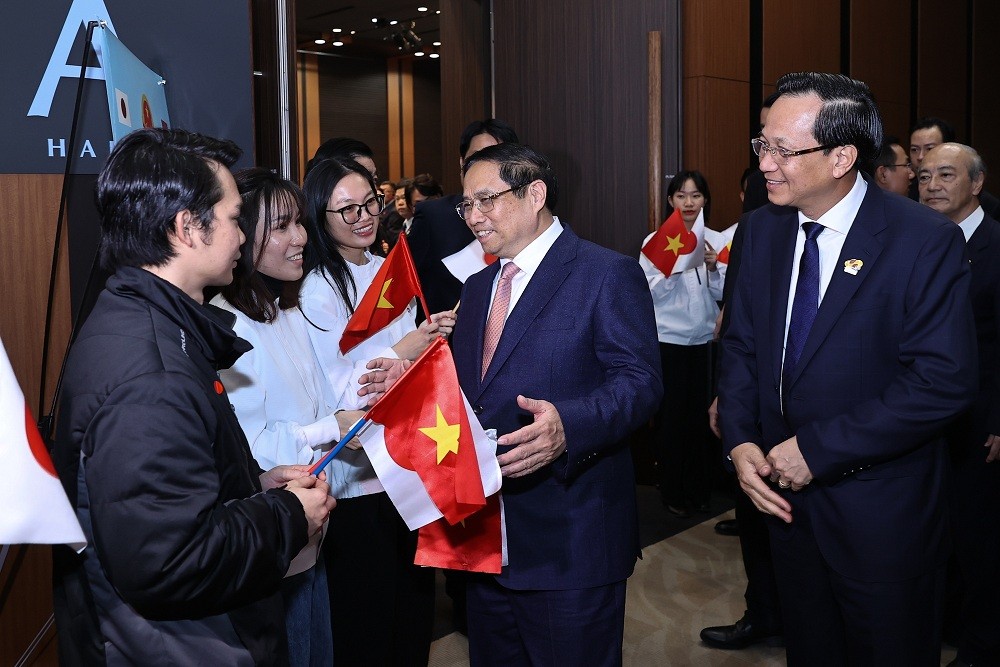 |
| PM Pham Minh Chinh and Vietnamese workers in Japan. Photo: VGP |
Speaking at the event, PM Chinh said the Vietnamese community in Japan with over 500,000 people, more than 300,000 of them are working there and the number has been on the rise, are contributing to Japan’s socio-economic development, becoming bridges fostering close ties between the two countries.
He suggested focusing on recruiting and dispatching workers with skills, qualifications, and a desire to learn in certain Japanese industries of strength such as semi-conductor, information technology, automation, biotechnology, agricultural technology, underground water treatment and urban environment, towards building a workforce trained through practical jobs in Japan to contribute to the development of those industries in Vietnam.
Along with the current revision of Japan's legal policies regarding training and reception of foreign laborers, he said Japan should take the lead in training international workforces, including Vietnamese laborers, in order to step up effective, sustainable, and mutually beneficial labor cooperation between the two nations.
He hoped that Japanese agencies, along with the MoLISA and the Vietnamese Embassy in Japan, would work together effectively to create the best living and working conditions for Vietnamese workers, minimize potential risks so that they could feel secure when studying, working and complying with the host country's laws, ultimately reducing legal violations in Japan.
The Vietnamese leader also proposed the Japanese Government, competent agencies and localities create favorable conditions and simplify visa procedures, aiming to eventually exempt Vietnamese citizens from entry visas, thus further promoting tourism cooperation between the two countries.
He suggested the early launching of study tourism, caring for and creating favorable conditions for the community of nearly 500,000 Vietnamese living, studying, and working in Japan who will serve as bridges to further deepen the bilateral cooperative relationship.
For Vietnamese interns and workers, the PM hopes that their time in Japan will be unforgettable memories in their lives. Citing the Vietnamese proverb "a day of travelling will bring a basketful of learning", the PM believes that workers from Vietnam will be mature in all aspects, making good use of the opportunity to live and work in Japan, learn the style, serious and professional working attitude of the Japanese, to return to build the homeland.
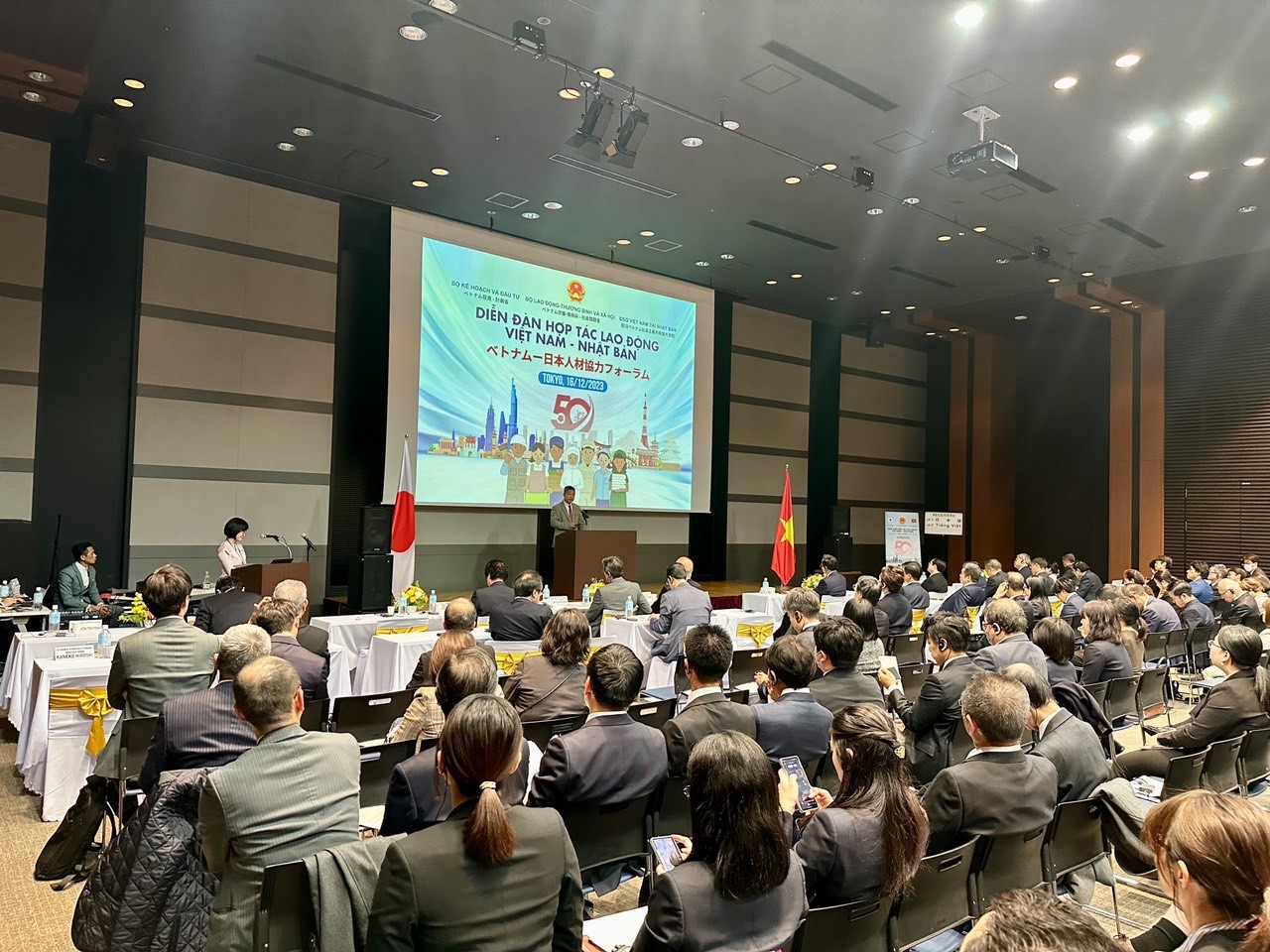 |
| Vietnam - Japan Labor Cooperation: Huge Potential, Tremendously High Demand |
MoLISA Minister Dao Ngoc Dung emphasized that the labor cooperation forum also has a particularly important meaning.
"This is the first time we are organizing an event of such large scale and stature as today. Many unions, organizations, and businesses registered but could not participate because the number of people was too large compared to expected," Minister Dao Ngoc Dung shared.
Another special thing, according to Minister Dung, is the participation of PM Pham Minh Chinh at the forum, showing the special care and affection of the Government leaders for Vietnamese workers in Japan.
MoLISA Minister Dao Ngoc Dung highlighted that the potential for labor cooperation between Vietnam and Japan is huge and the demand is tremendously high.
Takemi Keizo, Minister of Health, Labor and Welfare of Japan, also affirmed that the potential for cooperation between Vietnam and Japan in general and in the field of labor in particular is limitless.
Noting that Vietnam has sent many high-quality workers to Japan, making great contributions to this country's economy, Keizo expressed his wish for the two sides to cooperate and further develop human resources.
"We want to amend the regime so that Vietnamese workers can feel secure working in Japan, and at the same time continue to build a mechanism to receive Vietnamese nurses and technical staff," Keizo believes in Japan and Vietnam will cooperate closely on human resource development, thereby helping the relationship between the two countries increasingly develop.
Within the framework of the Vietnam-Japan Business Forum in Tokyo on December 16, Vietnam’s CMC Corporation and the Kyoto Computer Gakuin (KCG) exchanged an agreement on cooperation in education and training.
Under the document, the two sides agreed to exchange educational models and management experiences to help CMC develop CMC Education (CMC Edu) into a global educational organisation in training and developing high-quality human resources for both Vietnam and Japan. In addition, they will exchange lecturers and students depending on needs, as well as sharing experiences in IT application in the digital society according to Japan's Society 5.0 model.
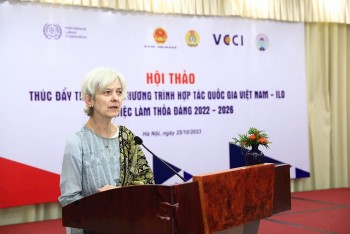 | ILO Supports Vietnam in Creating Jobs And Ensuring Social Security The Department of International Cooperation (Ministry of Labor, War Invalids and Social Affairs - MOLISA) and the International Labor Organization (ILO) Vietnam on October 25 ... |
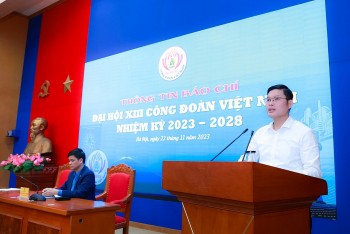 | 13th Vietnam Trade Union Congress Discusses Three Breakthroughs One of the three breakthroughs that will be discussed at the Vietnam Trade Union Congress for the 2023-2028 term is to promote dialogue and collective ... |
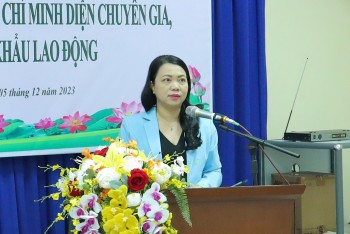 | Establishing Effective Communication Channels to Protect Workers After returning home, many overseas Vietnamese workers continue to participate in the domestic labor market with responsibility, capacity, and high skills. |
Recommended
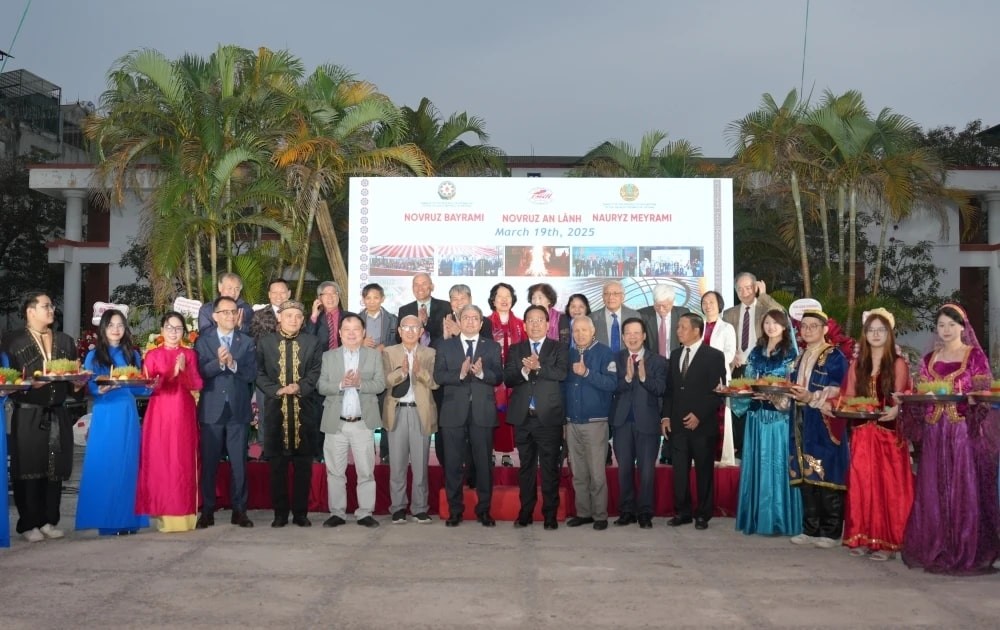 Overseas Vietnamese
Overseas Vietnamese
Strong Bonds Between Vietnam And Belarus, Azerbaijan, and Kazakhstan
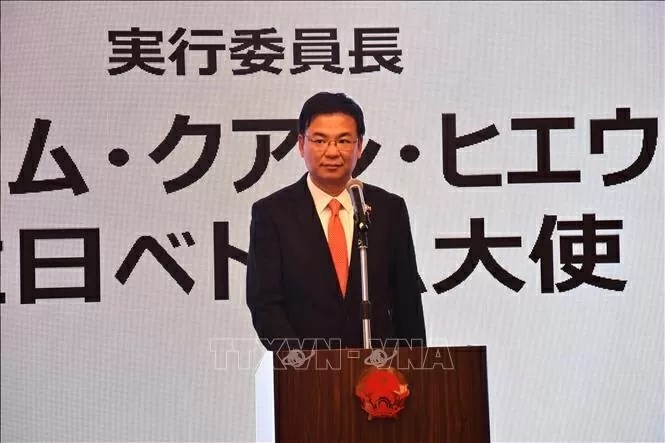 Overseas Vietnamese
Overseas Vietnamese
Vietnam Festival in Tokyo To Be Held for 18th Time
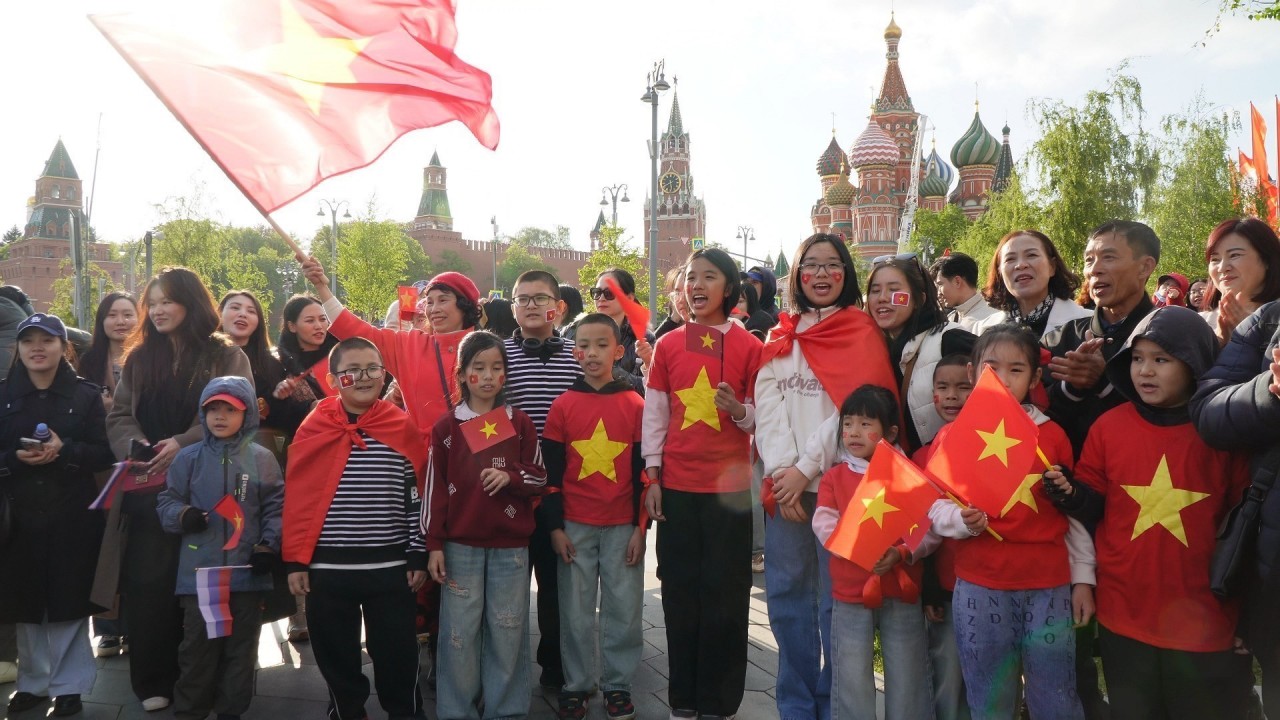 Focus
Focus
Overseas Vietnamese in Russia Welcome Vietnam People's Army Delegation at Red Square
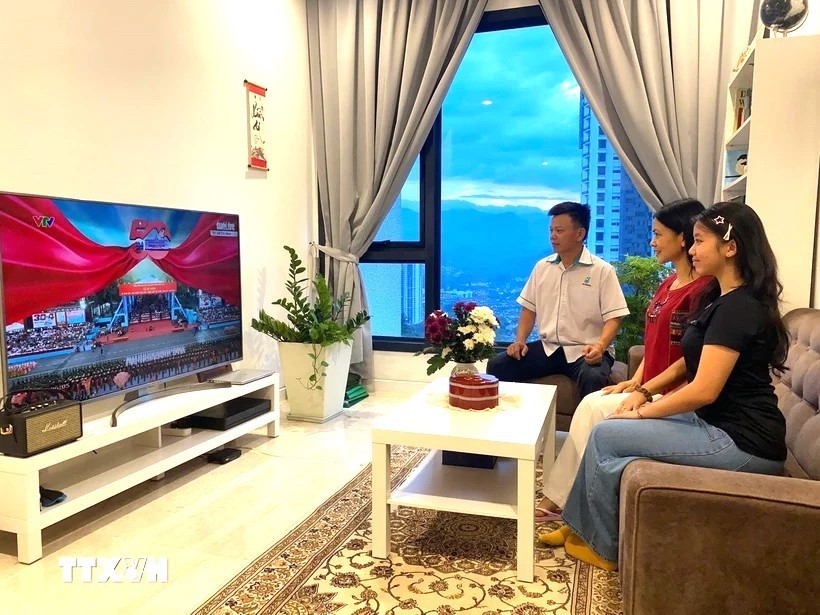 Overseas Vietnamese
Overseas Vietnamese
Global Vietnamese Community Celebrates 50 Years of Reunification with Pride
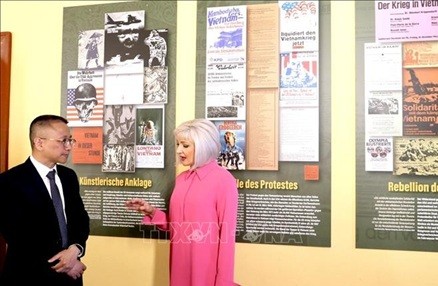 Overseas Vietnamese
Overseas Vietnamese
Exhibition “VIETNAM 75” Honors Aspiration for Independence and International Solidarity
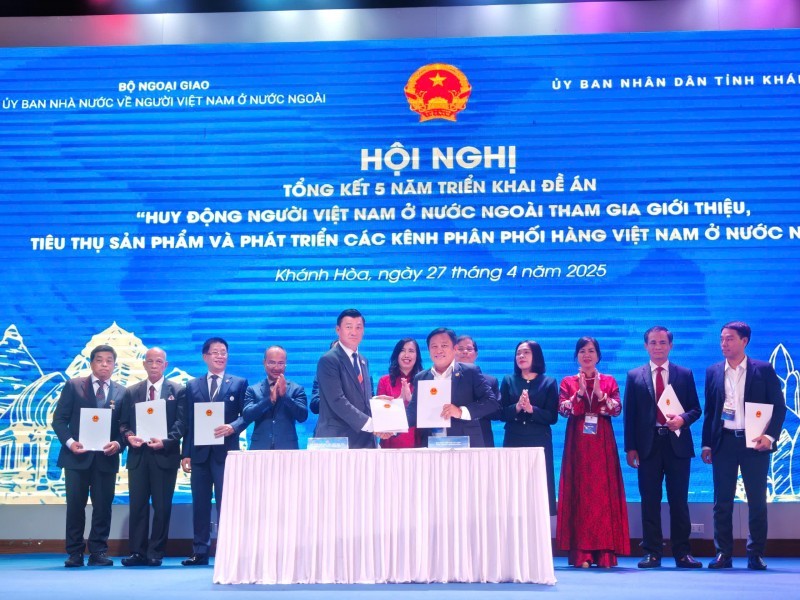 Overseas Vietnamese
Overseas Vietnamese
Overseas Vietnamese Help Boost Vietnam’s Agricultural Exports
 Overseas Vietnamese
Overseas Vietnamese
Special Vietnam’s Cultural Showcase Takes Place in Russia
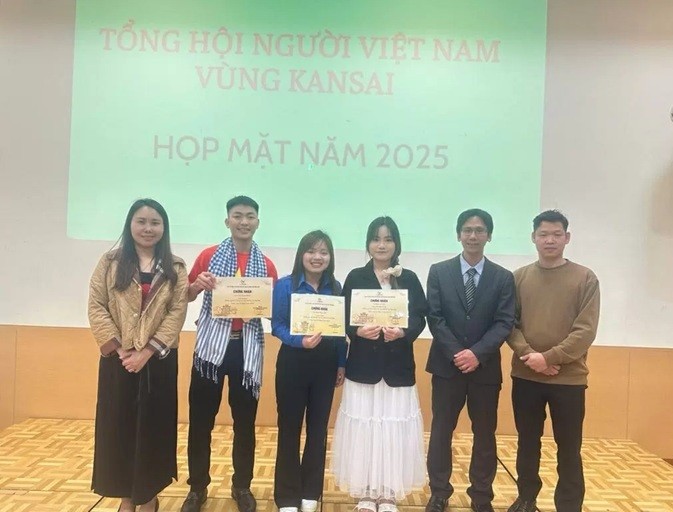 Overseas Vietnamese
Overseas Vietnamese

